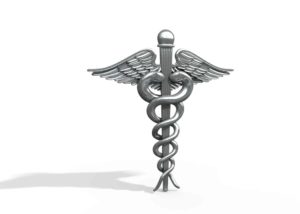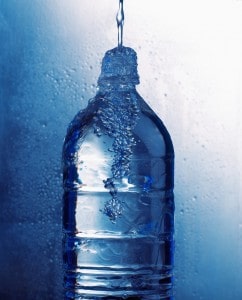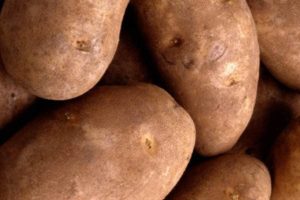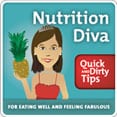
Back when Hippocrates counseled his followers to let food be their medicine, he wasn’t really advising an alternative course; he was stating the obvious. Back then, dietary cures were about all that doctors had to offer. In today’s there’s-a-pill-for-that medical culture, of course, Hippocrates’ advice takes on a different tone. And although it’s not really how he originally meant it, it’s still pretty good advice–especially when most of today’s chronic illnesses are caused by dietary excesses and indiscretions.
Regular readers know that I always advise getting your nutrition from foods, not supplements. Case in point: a recent study finding that, while vitamin E-rich foods offer lots of benefits, vitamin E supplements are largely useless. On the What’s Cooking blog this week, I’ve got the top foods for vitamin E, along with some delicious ways to enjoy them. Meanwhile, following last week’s good news about nitrate-rich vegetables ability to lower your blood pressure, I included some additional information about how to put this research to work in this week’s Nutrition Diva newsletter.
For those taking blood-thinning medications, this week’s Nutrition Diva podcast explains why people taking these drugs are sometimes instructed to avoid broccoli, spinach, and other super-nutritious vegetables. I’ve also got tips on how to enjoy the benefits of these great foods without interfering with your anticoagulant therapy.
Of course, it’s also possible to over-estimate what foods can do for us. On the Quick and Dirty Blog, I respond to a reader who wonders whether she should be eating more brown rice in order to get the benefits. Can you guess what my answer is?




